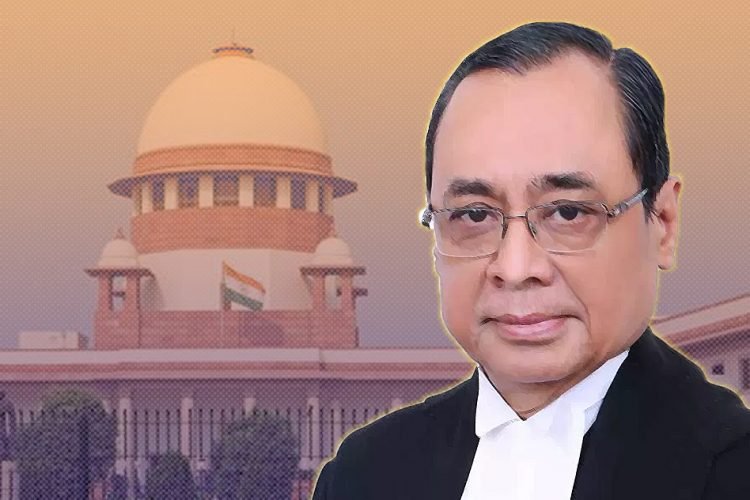New Delhi: The Supreme Court held Wednesday that the office of the Chief Justice of India (CJI) is a public authority and falls within the ambit of the Right to Information Act (RTI).
A five-judge Constitution bench headed by Chief Justice Ranjan Gogoi upheld the 2010 Delhi High Court verdict and dismissed three appeals filed by Secretary General of the Supreme Court and the Central Public Information Officer (CPIO) of the apex court.
Cautioning that RTI cannot be used as a tool of surveillance, the top court in its judgement held that judicial independence has to be kept in mind while dealing with transparency.
The bench, also comprising Justices NV Ramana, DY Chandrachud, Deepak Gupta and Sanjiv Khanna, said that only the names of judges recommended by the Collegium for appointment can be disclosed, not the reasons.
While the CJI and Justices Deepak Gupta and Sanjiv Khanna have penned one judgement, Justices Ramana and Chandrachud have written separate verdicts.
The judgement of the CJI and two other judges said that the ‘Right to Privacy’ is an important aspect and it has to be balanced with transparency while deciding to give out information from the office of the Chief Justice. Justice Sanjiv Khanna also said independence of judiciary and transparency go hand in hand.
Justice Chandrachud, who wrote a separate judgment, said the judiciary cannot function in total insulation as Judges enjoy constitutional post and discharge public duty.
Earlier the High Court January 10, 2010 had held that the CJI office comes within the ambit of the RTI law. It said judicial independence was not a judge’s privilege, but a responsibility cast upon him.
The 88-page judgement was seen as a personal setback to the then CJI, KG Balakrishnan, who has been opposed to disclosure of information relating to judges under the RTI Act.
The Delhi High Court verdict was delivered by a three-judge bench comprising Chief Justice AP Shah (since retired) and Justices Vikramjit Sen and S Muralidhar. The bench had dismissed a plea of the Supreme Court that contended bringing the CJI’s office within the RTI Act would ‘hamper’ judicial independence.
Justice Sen retired as the judge of the apex court, while Justice Murlidhar is still a sitting judge of the High Court.
The move to bring the office of the CJI under the transparency law was initiated by RTI activist S C Agrawal. His lawyer Prashant Bhushan had submitted in the Delhi High Court that though the apex court should not have been judging its own cause, it is hearing the appeals due to ‘doctrine of necessity’.
PTI
